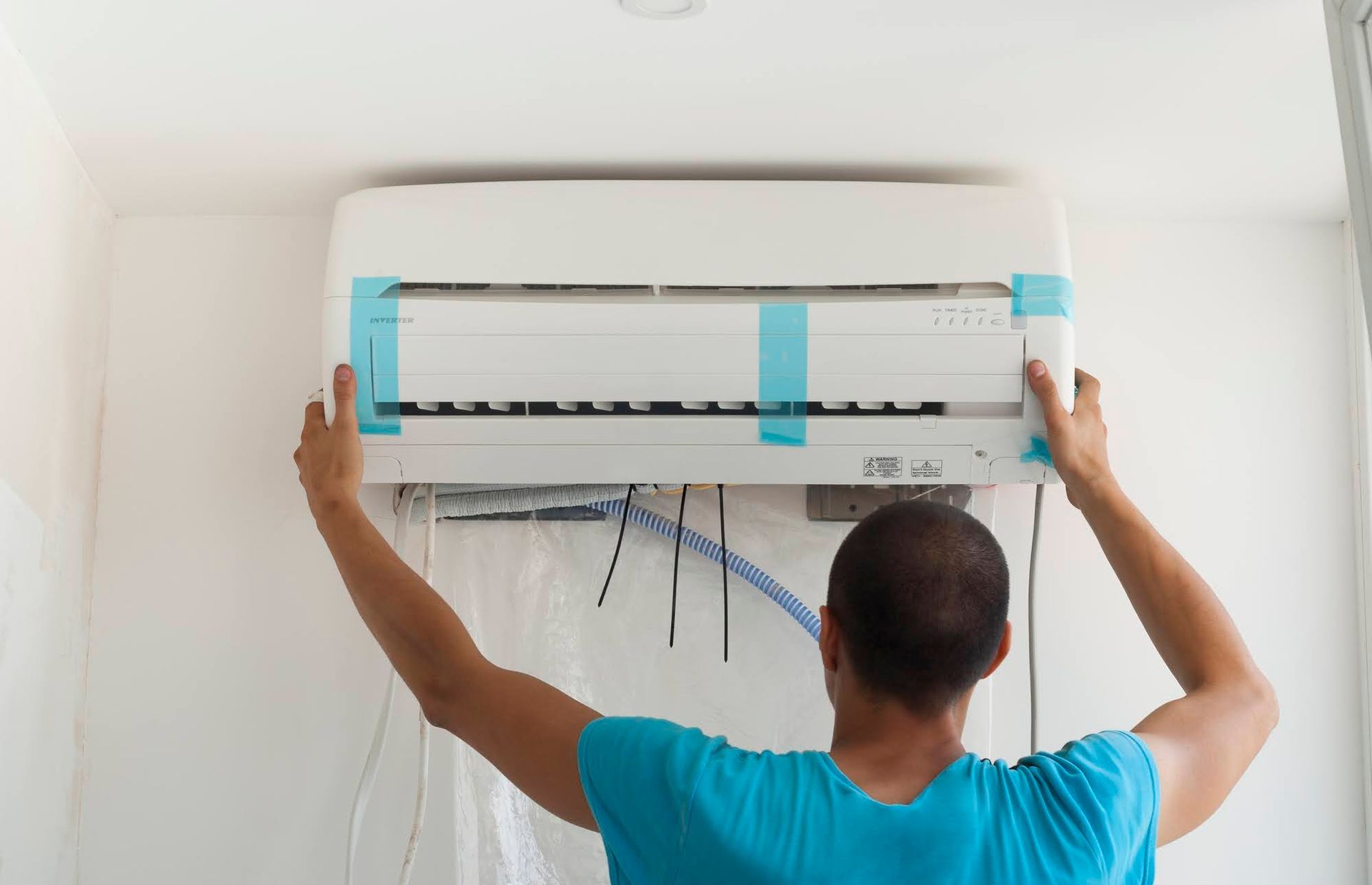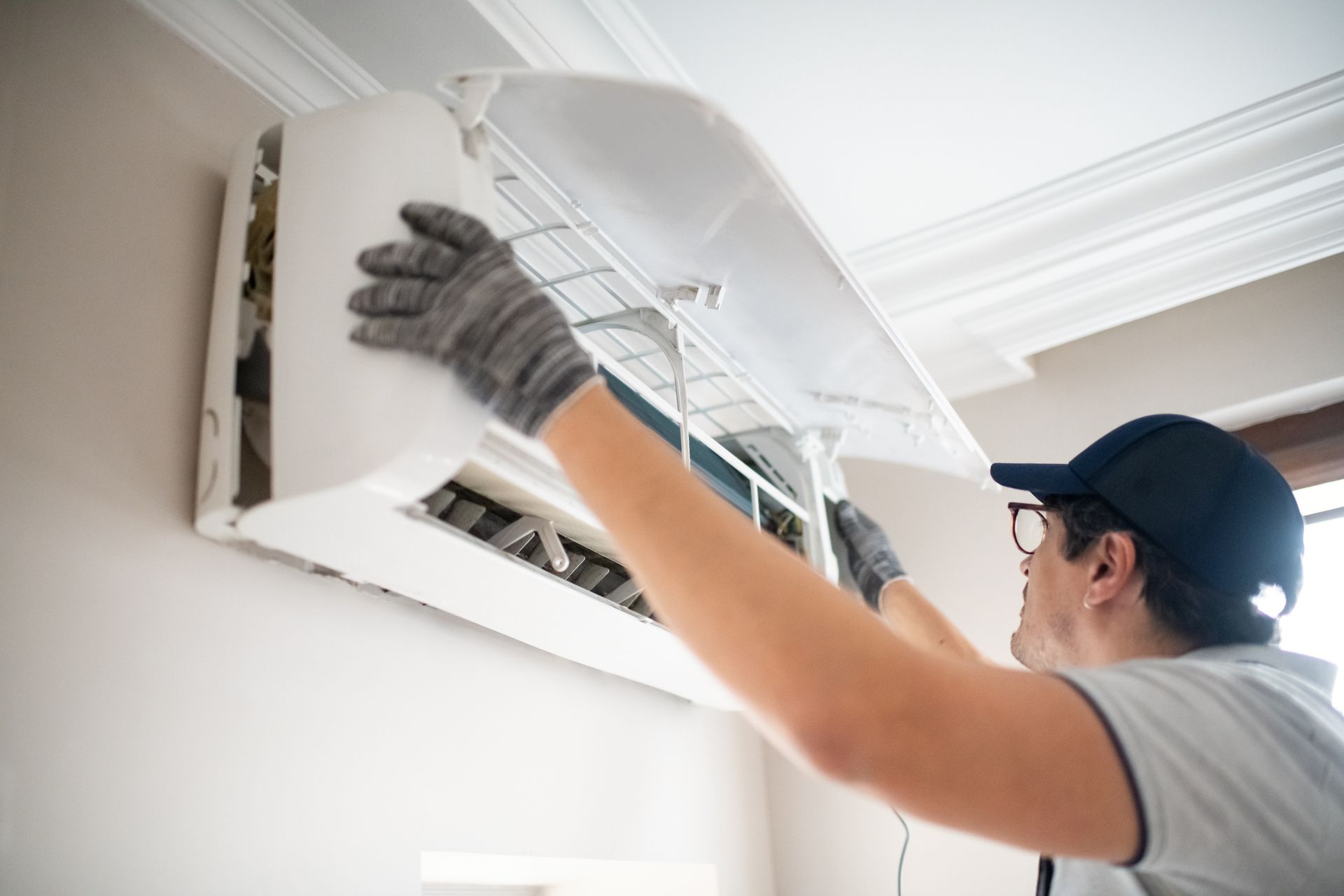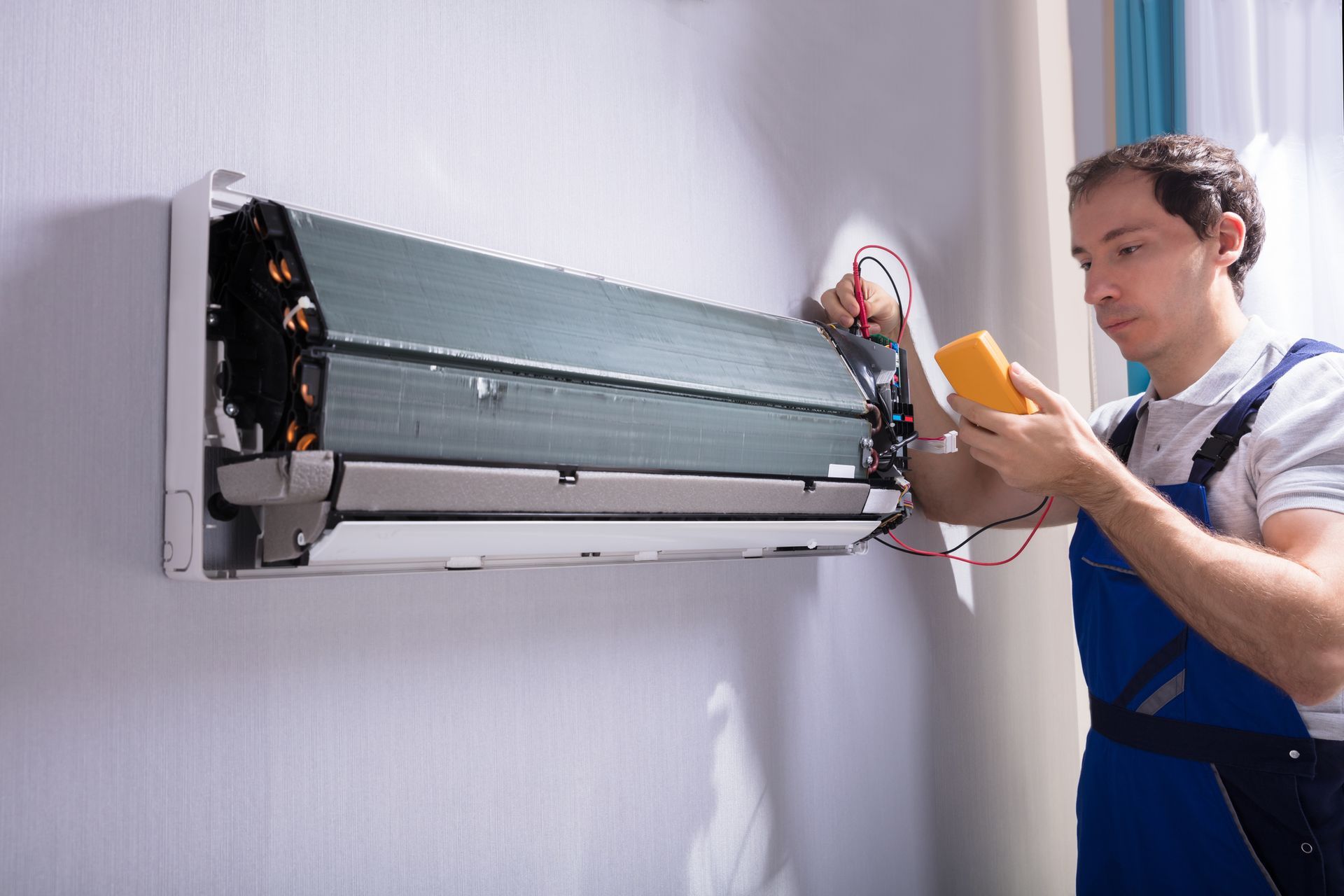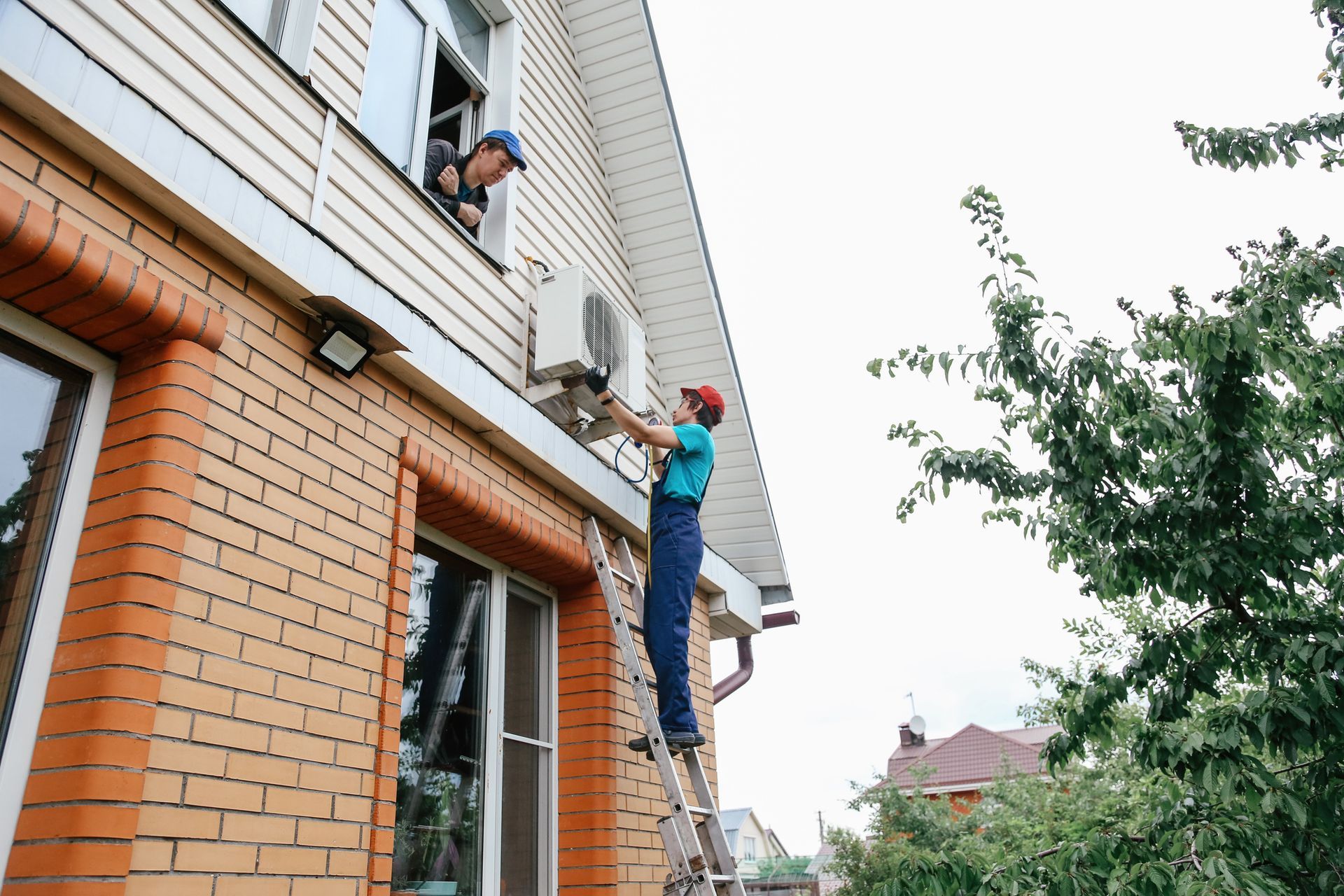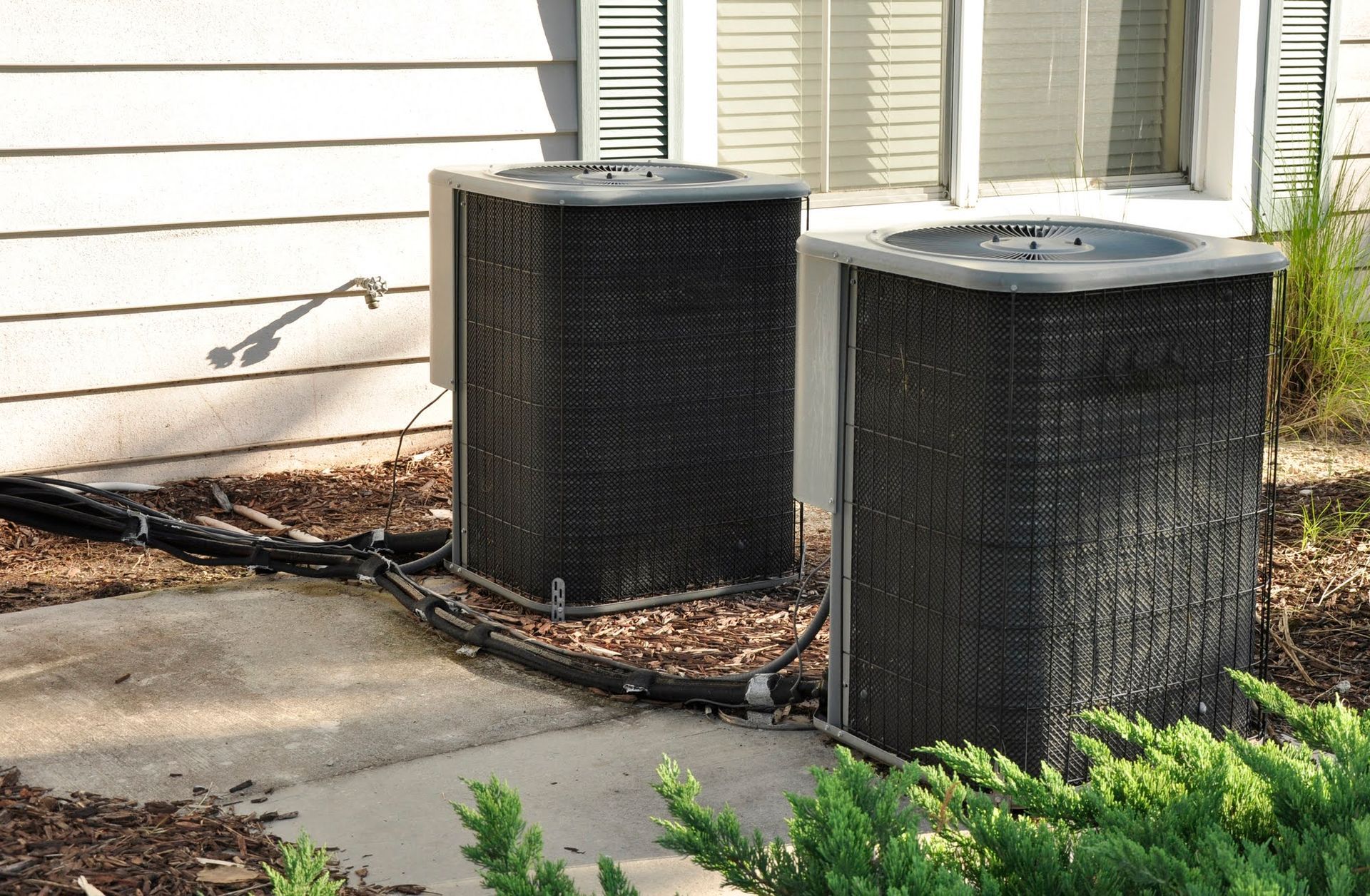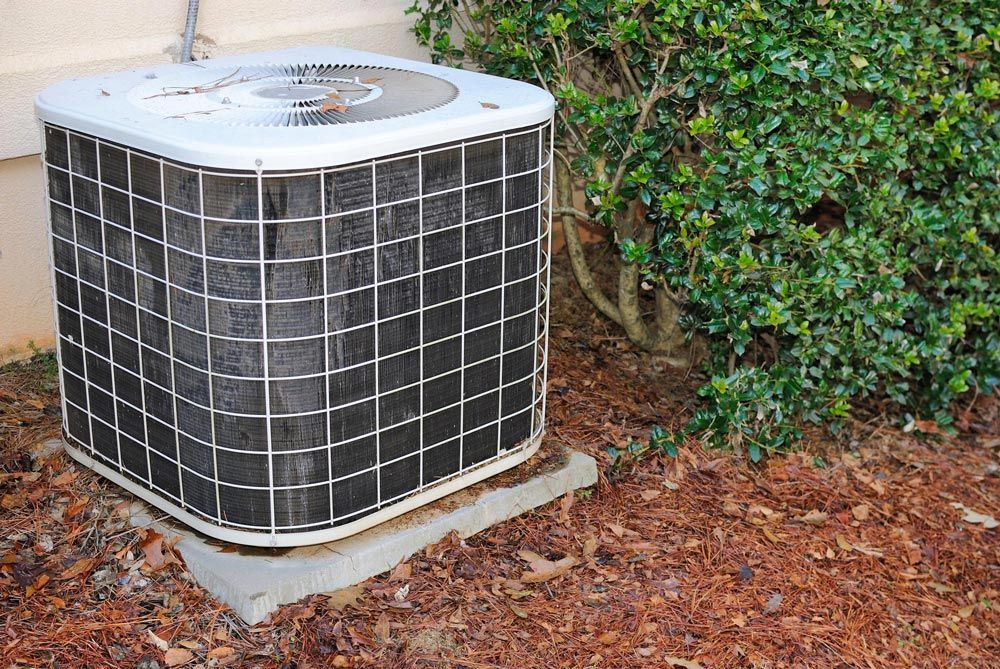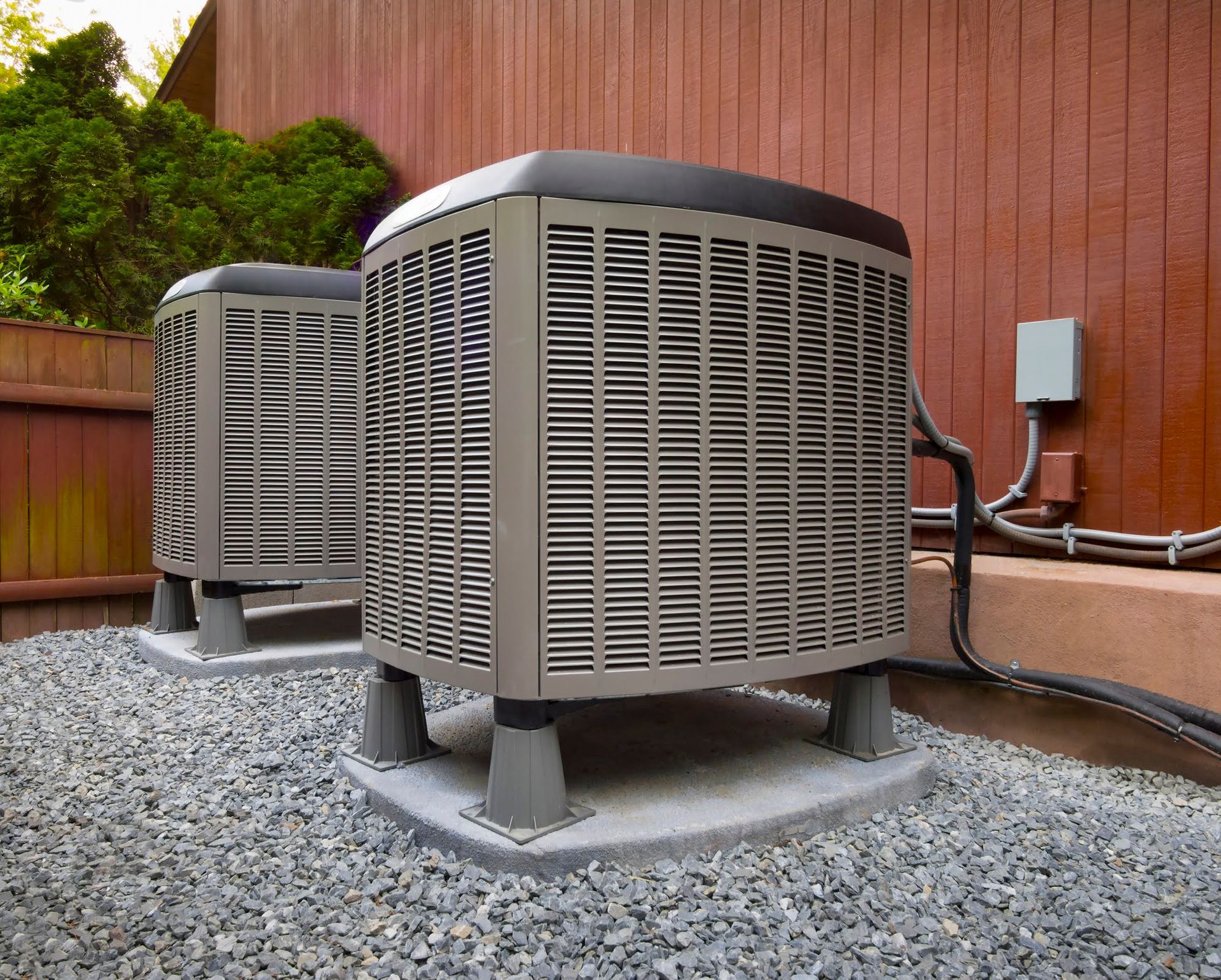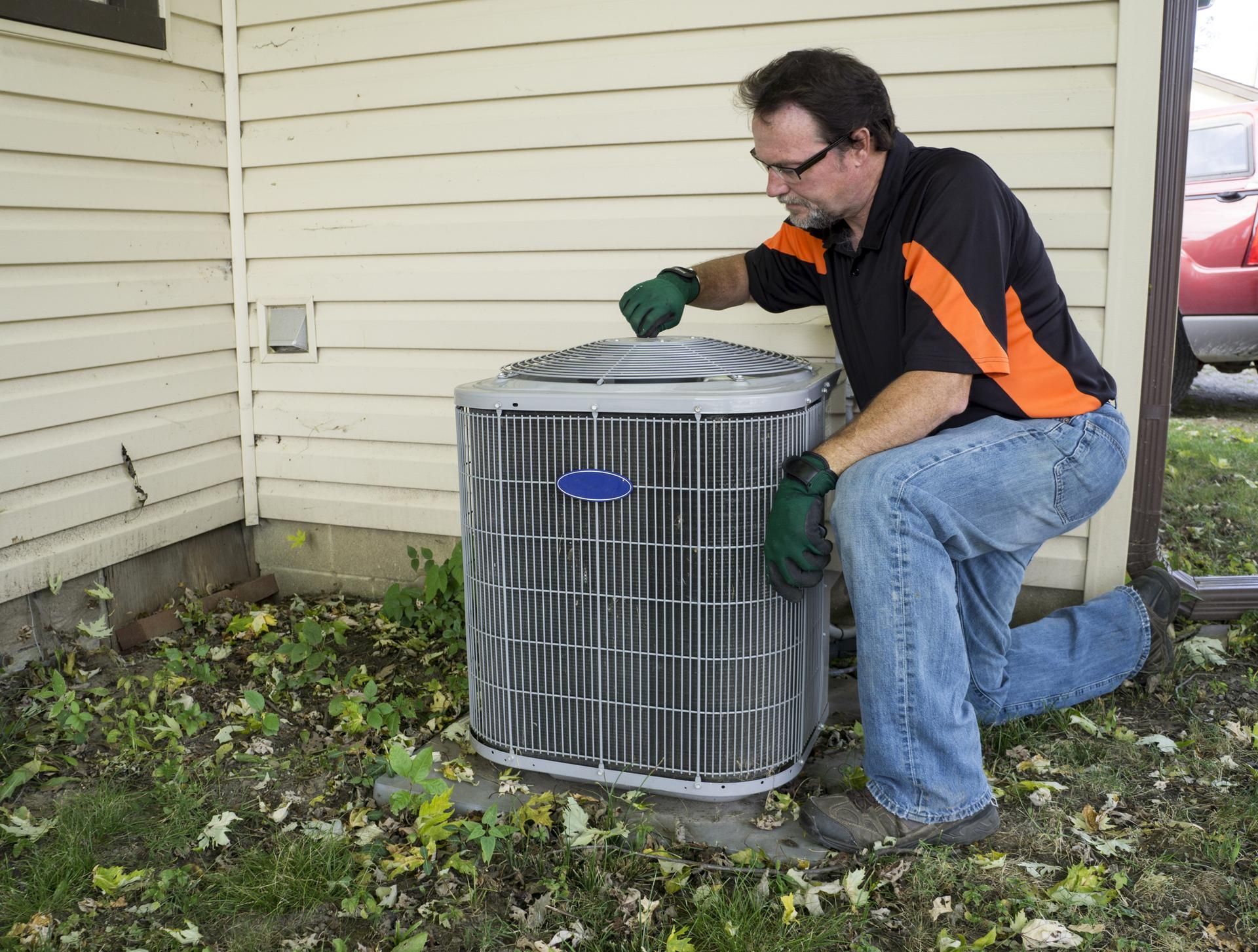Thermostats and Zoning: Improving Your Home's HVAC System
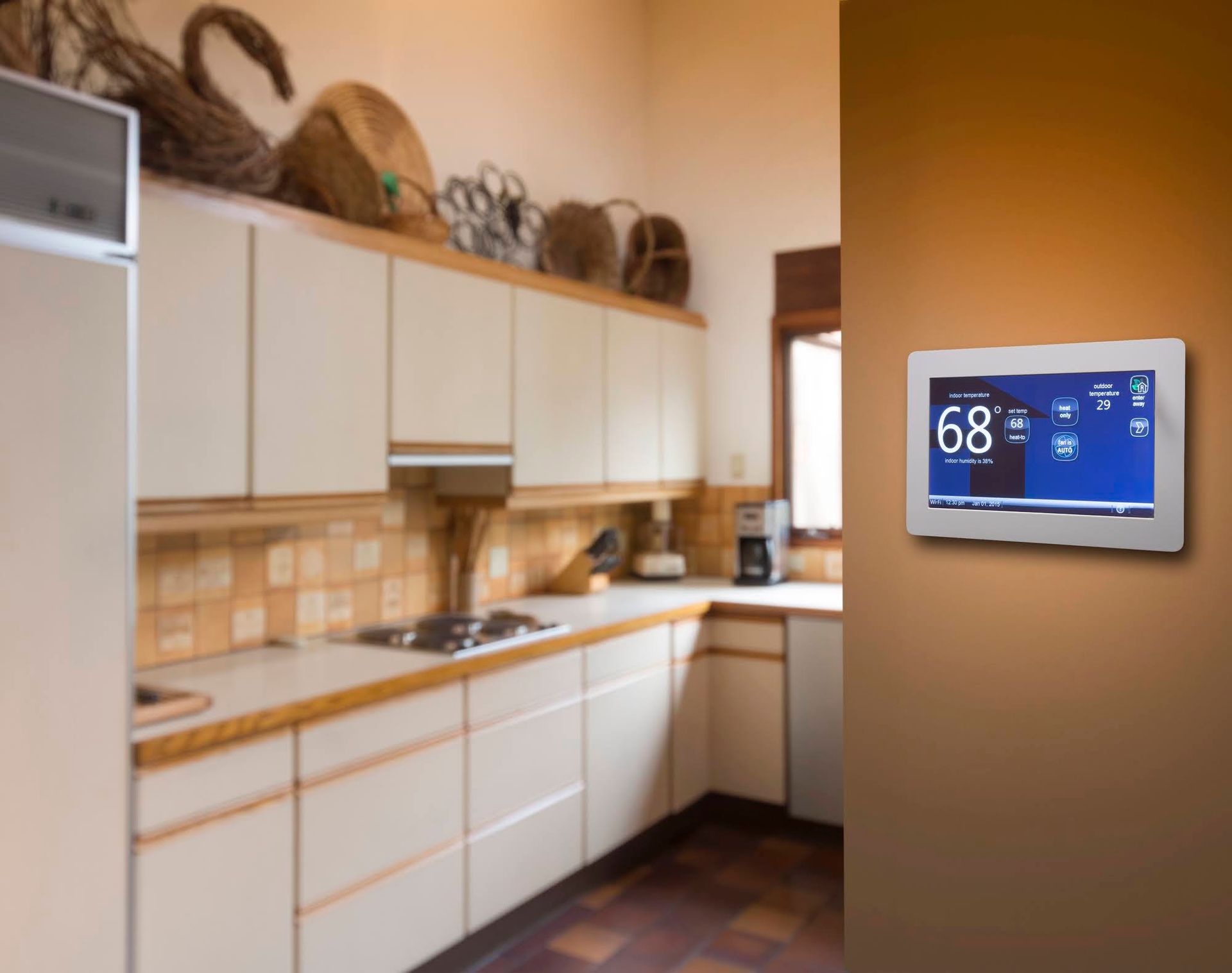
Efficient heating, ventilation, and cooling systems are crucial to maintaining a comfortable home environment. However, maximizing HVAC system effectiveness often depends on the tools and strategies employed, and this is where thermostats and zoning come into play. Understanding how these upgrades enhance your home's HVAC system can help you make informed decisions while improving energy efficiency and comfort.
The Role of Thermostats in HVAC Efficiency
Thermostats are the command centers of your HVAC system. They regulate the system's operation by maintaining your desired indoor temperature. Smart thermostats, in particular, have revolutionized this process. Unlike standard devices, smart thermostats offer advanced functionalities, such as remote control, learning your habits, and automatically adjusting settings. These features make temperature management convenient and improve home energy efficiency by minimizing unnecessary system operation.
Understanding HVAC Zoning
HVAC zoning divides your home into distinct areas, or "zones," which can be heated or cooled independently. This system uses multiple thermostats connected to motorized dampers in your ductwork. Zoning is ideal for larger homes, multi-level properties, or households with varying temperature preferences.
A well-designed zoning system eliminates common inefficiencies, such as over-conditioning rooms that aren't in use. It ensures consistent comfort across your living spaces while reducing energy consumption.
Benefits of Combining Smart Thermostats and Zoning
When paired, smart thermostats and zoning work together to deliver enhanced control and energy efficiency. Smart thermostats allow you to manage each zone from a central app, whether you are at home or away. For example, rooms that are rarely used can be set to a lower heating or cooling preference without affecting shared spaces like the living room or kitchen.
This combination creates a personalized environment in your home while optimizing your HVAC system’s performance. Over time, it significantly reduces energy costs and ensures your system operates more efficiently.
How Zoning Prevents Uneven Temperatures
Have you noticed certain rooms in your home are consistently warmer or cooler than others? Uneven temperatures are a common challenge, especially in homes with multiple stories. HVAC zoning addresses this issue by letting you assign specific settings to different areas. For instance, it allows you to cool the upstairs bedrooms during summer evenings without wasting energy regulating downstairs living areas. This customization enhances comfort and resolves uneven temperature concerns effectively.
Smart Thermostats and Seasonal Changes
Smart thermostats are particularly useful in adapting to seasonal changes. During winter, they can preheat your home before you wake up, ensuring comfort without extended heating periods. Similarly, they can gradually reduce cooling output during the summer when everyone is out for the day. These proactive adjustments save energy and ensure your HVAC system works optimally regardless of the season.
Improving Home Energy Efficiency
Energy efficiency is more critical than ever, for reducing utility bills and minimizing environmental impact. By installing a smart thermostat and implementing HVAC zoning, you're making a substantial investment in energy efficiency. Smart thermostats track energy usage, offering insights to help you adjust your habits. Combined with zoning, this system ensures every energy dollar is well spent by delivering comfort only where it's needed.
Simplifying System Management
While advanced features may sound complex, smart thermostats simplify HVAC zone management. User-friendly apps allow you to control multiple zones effortlessly. Notifications can inform you when your system needs maintenance, making it easier to stay proactive with HVAC services. Such tools ensure that your system operates efficiently year-round.
Why Consult HVAC Professionals?
Working with HVAC contractors is essential for achieving the best results. Professionals can assess your home’s layout, HVAC system, and specific needs to design an effective zoning system. They also ensure smart thermostat setups integrate seamlessly with your equipment. Trusting experts ensures you receive maximum benefits from your investment.
The Bottom Line on Thermostats and Zoning
Smart thermostats and HVAC zoning are valuable upgrades for improving your home's comfort and energy efficiency. These systems work together to provide better control, reduce energy costs, and eliminate common temperature inconsistencies. Whether you're planning to upgrade your system soon or exploring options for the future, consulting HVAC professionals ensures a smoother transition and optimal results.
Contact us at Action Heating And Air Conditioning Inc. if you're interested in investing in thermostats and zoning for your home.
